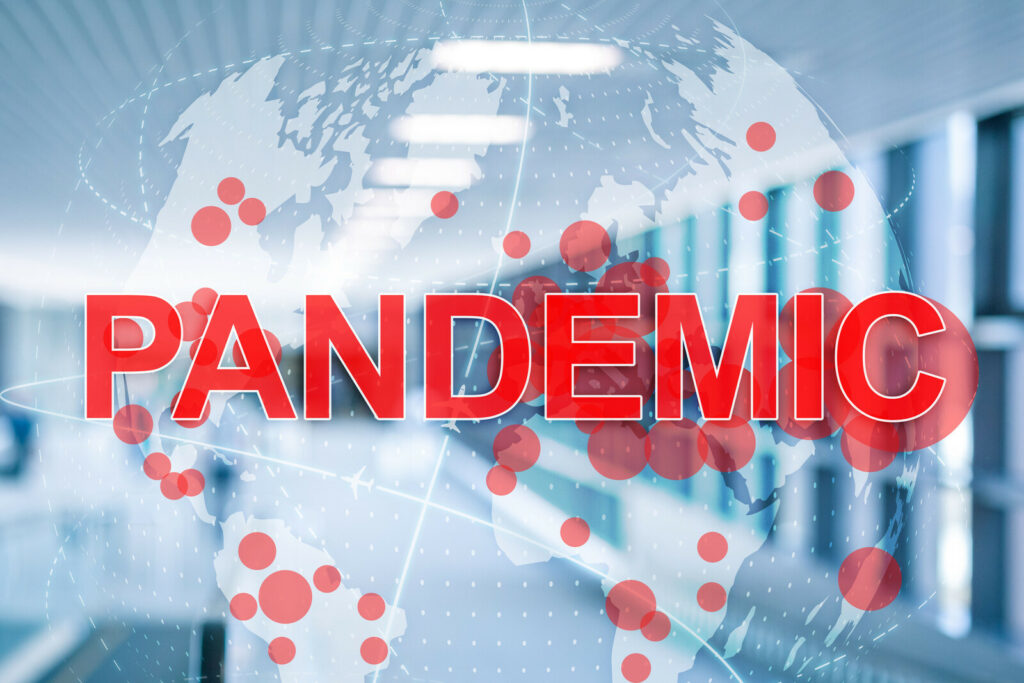To help countries put better plans in place for future pandemics, the World Health Organisation (WHO) has launched a new initiative to provide guidance on integrated planning for responding to any respiratory pathogen such as influenza or coronaviruses.
The new Preparedness and Resilience for Emerging Threats Initiative (PRET) incorporates the latest tools and approaches for shared learning and collective action established during the COVID-19 pandemic and other recent public health emergencies.

Through the initiative, WHO will use a mode of transmission approach to guide countries in pandemic planning, given that many capacities and capabilities are common among groups of pathogens. PRET answers the call for technical guidance and support for promoting and strengthening integrated preparedness and response, as outlined in World Health Assembly resolutions.
“Preparedness, prevention, and response activities must not be the province of the health sector alone,” said Dr Tedros Adhanom Ghebreyesus, WHO Director-General. “Just as health emergencies have impacts across many sectors, so must our preparedness and response efforts span sectors, disciplines and pathogens. It is critical, too, that community engagement and equity are the centre of our efforts, especially for those populations that are marginalized and most at risk.”
PRET is an evolution in WHO’s approach to pandemic preparedness through the application of a mode of transmission lens, rather than a focus on specific diseases. WHO will continue to develop and disseminate guidance on specific diseases as needed.
The launch of the initiative took place on the last day of meetings (26 April) with over 120 individuals representing member states, partners and the WHO secretariat, to define the path forward for PRET, including the development of a global implementation roadmap for respiratory pathogen pandemic preparedness.
Given the ongoing COVID-19 pandemic and the possible threat of avian influenza, this module will enable countries to critically review, test and update their respiratory pandemic planning efforts to ensure the functional capacities and capabilities are in place.
A process is underway to identify and address the next group of pathogens (i.e. arboviruses) under this initiative. This will follow priorities identified through the ten proposals to strengthen the global architecture for health emergency preparedness, response, and resilience (HEPR).